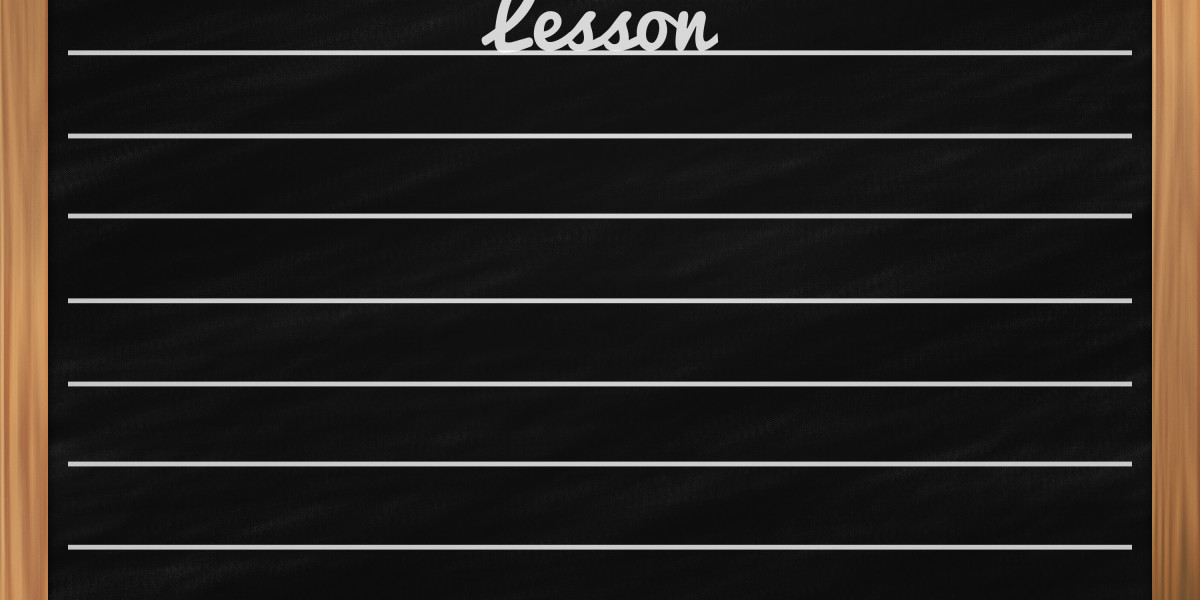Anger is a powerful emotion, one that often presents itself as an outward burst of frustration or aggression, particularly in children. Unlike adults, children often struggle with identifying, understanding, and expressing their anger appropriately. This can lead to disruptive behavior, emotional distress, and strained relationships, both at home and in school. As professionals working with children, it is essential to equip ourselves with effective strategies to help children process and manage their anger.
Play therapy is an evidence-based, child-centered approach that can significantly aid in this process. It provides a safe, supportive environment for children to express their anger, identify its root causes, and help them develop effective coping strategies while engaged in playful activities. You can get equipped with specific techniques that you, as a mental health professional, can implement to support children in defusing anger through play therapy.
Understanding Anger in Children Through the Lens of Therapy
Anger in children is not only a natural response to frustration but also a complex emotion that can be influenced by a range of internal and external factors, which include frustration due to unmet needs or desires, feelings of neglect due to unheard or misunderstood concerns, or even environmental stressors like a drastic change in environment, parental conflict, or dealing challenges in school.
Unlike adults, children often lack the emotional vocabulary and self-regulation skills needed to manage anger effectively. This can lead to expressions of anger that are more outwardly visible, such as tantrums, aggression, or defiance, which, if left unaddressed, can lead to emotional and behavioral difficulties, including trouble forming relationships, social withdrawal, and academic struggles. Hence, early intervention is crucial in helping children learn how to manage their anger and express themselves in healthy ways.
Role of Play Therapy in Defusing Anger in Children
Play therapy is grounded in the understanding that children process emotions differently than adults. By using toys, games, and other forms of play, therapists can create a safe environment where children can explore complex emotions, such as anger, in a non-threatening way. This approach is particularly effective for children who may not yet have the verbal skills to express their feelings.
When play therapy is used in anger management, it allows children to externalize their anger and explore its causes in a controlled environment. This therapeutic modality also supports emotional development, self-regulation, and problem-solving skills, all of which are crucial for managing anger effectively.
If you want to stay updated with the latest techniques in play therapy, Core Wellness can offer some amazing courses to help you in this regard. Our expert play therapists, like Batsheva Hartstein, offer both live and on-demand courses designed for professionals seeking to expand their skills and stay ahead in the field.
Using this multifaceted approach to anger management in children provides fruitful therapeutic outcomes. Below are key ways in which play therapy can support anger management:
Non Judgemental Environment for Expression
Anger is a strong emotion that can be difficult for children to express appropriately. In play therapy, children are encouraged to use play as a means of externalizing their anger. This can include using toys, drawings, or role-playing scenarios to act out feelings of frustration or aggression. The therapeutic process allows the child to release pent-up emotions in a safe, non-judgmental space, significantly reducing the likelihood of an emotional outburst in the future.
Letting Anger Externalize
Play therapy enables children to “externalize” their anger through symbolic play. For example, children may use action figures or puppets to reenact situations where they feel angry. By “acting out” their anger, children can better understand its origins, how it affects them, and how it impacts others. This helps them distance themselves from the emotion, allowing for healthier emotional processing.
Building Emotional Awareness and Regulation
One of the most crucial aspects of play therapy is teaching children to recognize and regulate their emotions. Through activities like feelings charts, emotion cards, or relaxation games, children learn to identify their anger and the physical cues associated with it (e.g., tense muscles or increased heart rate). With this awareness, children can start to practice self-regulation techniques, such as deep breathing or mindfulness, during moments of frustration.
Developing Problem-Solving Skills
Play therapy teaches children how to navigate difficult situations that may lead to anger. Through role-play and interactive games, children can practice strategies for resolving conflicts, communicating their feelings, and managing frustration without resorting to aggression. These problem-solving skills help children reframe their responses to anger and equip them with more constructive ways to handle frustration.
Reducing the Shame Around Anger
Anger is often stigmatized, leading children to feel shame or guilt about their emotional reactions. Play therapy offers a non-judgmental space where children can explore anger without feeling bad about it. This allows children to recognize that anger, when expressed in healthy ways, is a normal and manageable emotion.

Essential Play Therapy Techniques for Professionals to Help Children Manage Anger
As a professional working with children, you can employ various play therapy techniques specifically designed to help children manage their anger. Here are several strategies to incorporate stories, games, and art into your practice:
Cognitive-Behavioral Therapy (CBT)
CBT is one of the most common techniques to help children identify and reframe negative thoughts that fuel anger. By incorporating creative interventions like play therapy along with CBT, children can practice healthy coping strategies by exploring different emotional responses to frustration.
The Anger Volcano
Using clay or toys, children build a "volcano" that represents how anger builds up before it erupts. This visual helps children recognize early signs of anger and intervene before escalation.
Breathing and Relaxation Games
Fun activities like pretending to blow out candles teach children deep breathing techniques, helping them calm down when anger arises and regulate their emotions.
Role-Playing and Puppetry
Role-playing scenarios with puppets or dolls allow children to act out angry situations and explore alternative, non-aggressive ways to handle frustration and conflict.
The Anger Iceberg
This technique encourages children to explore the emotions beneath their anger, such as sadness or fear, using the iceberg metaphor. It helps children understand the root causes of their anger.
The Anger Box
Children draw or write about their anger and place it in a "box," symbolizing letting go of negative emotions. This technique promotes emotional containment and helps children gain control over their anger.
Emotional Charades
In this game, children act out emotions like anger using facial expressions and body language. This helps them identify their feelings and practice emotional expression and regulation.
Final Thoughts
Anger management in children is crucial for emotional development, and play therapy offers a child-centered approach to help children regulate emotions and develop problem-solving skills. By using techniques like externalizing anger and teaching coping strategies, play therapy equips children with tools to manage anger effectively. As professionals, it’s important to stay updated with new strategies.
To deepen your understanding and expand your toolkit, we encourage you to explore our live and on-demand courses at Core Wellness, designed specifically for professionals seeking to integrate play therapy into their anger management practices.


